Pinterest: An Advertiser’s Dream
 With Pinterest picking up, Facebook setting the timeline feature permanent for the business pages and buying Instagram for a billion dollars, you can’t help wondering if social media is heading toward a visual experience where Pinterest is clearly ahead of the game at the moment.
With Pinterest picking up, Facebook setting the timeline feature permanent for the business pages and buying Instagram for a billion dollars, you can’t help wondering if social media is heading toward a visual experience where Pinterest is clearly ahead of the game at the moment.
Addictive and eye-candy boards take up most of the space allowing users to re-pin or pin images and videos they like while sharing them with their followers who can also comment, like or re-pin the content if they decide to. It’s a hub for fashion inspirations, interior design aspirations, a digital dream collage, a recipe box and more. In short, Pinterest is becoming the new face of social media marketing.
Now if looking into Pinterest from an advertising eye, it is every advertiser’s dream to find a space toshare visuals that can appeal to the followers emotions and increase brand recognition. How so? Well unlike Facebook, content is shared across the platform where anyone can see, re-pin or like the content, thus reaching outside of a given users network.
Moreover, the newly blasted network also gives brands the chance to pin their products under the “gifts” tab in the navigation bar where they can add a price tag and a link to the website where the item is being sold.
Although the majority of the Pinterests users are mainly focused on sharing photos, however the network can also be a great tool of generating traffic to the brand’s YouTube channel or simply promote videos.
Though Pinterest has been around since 2010, its explosive growth in the past few months has drawn attention to the rise of social media platforms where users can create content with the push of a button.
Check this blog post pinned!



 Rumor has it hacker-activist group Anonymous will attempt to shut down Facebook on November 5, 2011, accusing the social network of invading users’ privacy – frightening!
Rumor has it hacker-activist group Anonymous will attempt to shut down Facebook on November 5, 2011, accusing the social network of invading users’ privacy – frightening!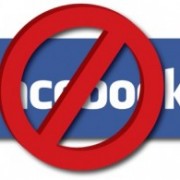
 A common practice among many employers/organizations in the MENA region (as well as all over the world) is to block access to social media networking sites. Even with the emergence of the importance of having access to Social Media networks (SMN) in the workplace, for various reasons, some employers don’t seem to be quite convinced yet of the benefits. Yes, there are quite a few.
A common practice among many employers/organizations in the MENA region (as well as all over the world) is to block access to social media networking sites. Even with the emergence of the importance of having access to Social Media networks (SMN) in the workplace, for various reasons, some employers don’t seem to be quite convinced yet of the benefits. Yes, there are quite a few.


 Have you ever sat down and wondered who in the world makes the most use of
Have you ever sat down and wondered who in the world makes the most use of 
 For many of us, the idea of just sitting back, writing down your thoughts and ideas, and making enough money to sustain yourself doing that is the ultimate dream. This is what many bloggers out there are doing, and quite successfully.
For many of us, the idea of just sitting back, writing down your thoughts and ideas, and making enough money to sustain yourself doing that is the ultimate dream. This is what many bloggers out there are doing, and quite successfully.
 Spending most of our lives on the internet, and most of that time on Social Media Networks, a few questions come to mind as of late when trying to find someplace to go on vacation, the major one being: Where on earth ARE the travel companies, airlines, and Ministries of Tourism?
Spending most of our lives on the internet, and most of that time on Social Media Networks, a few questions come to mind as of late when trying to find someplace to go on vacation, the major one being: Where on earth ARE the travel companies, airlines, and Ministries of Tourism?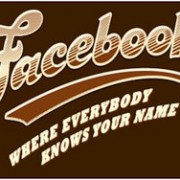
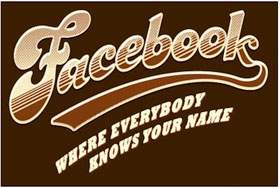 Regardless of the dangers, businesses and organizations are relying on Social Media now more than ever. In terms of advertising, I think we can all agree how lucrative it is, and how much more of a money saver it Is in terms of directly hitting the wanted demographic. Goodbye to Radio, TV and Newspaper advertising!
Regardless of the dangers, businesses and organizations are relying on Social Media now more than ever. In terms of advertising, I think we can all agree how lucrative it is, and how much more of a money saver it Is in terms of directly hitting the wanted demographic. Goodbye to Radio, TV and Newspaper advertising!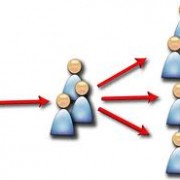
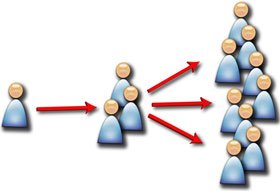 One question those of us in
One question those of us in 
 It’s a good day for us in
It’s a good day for us in